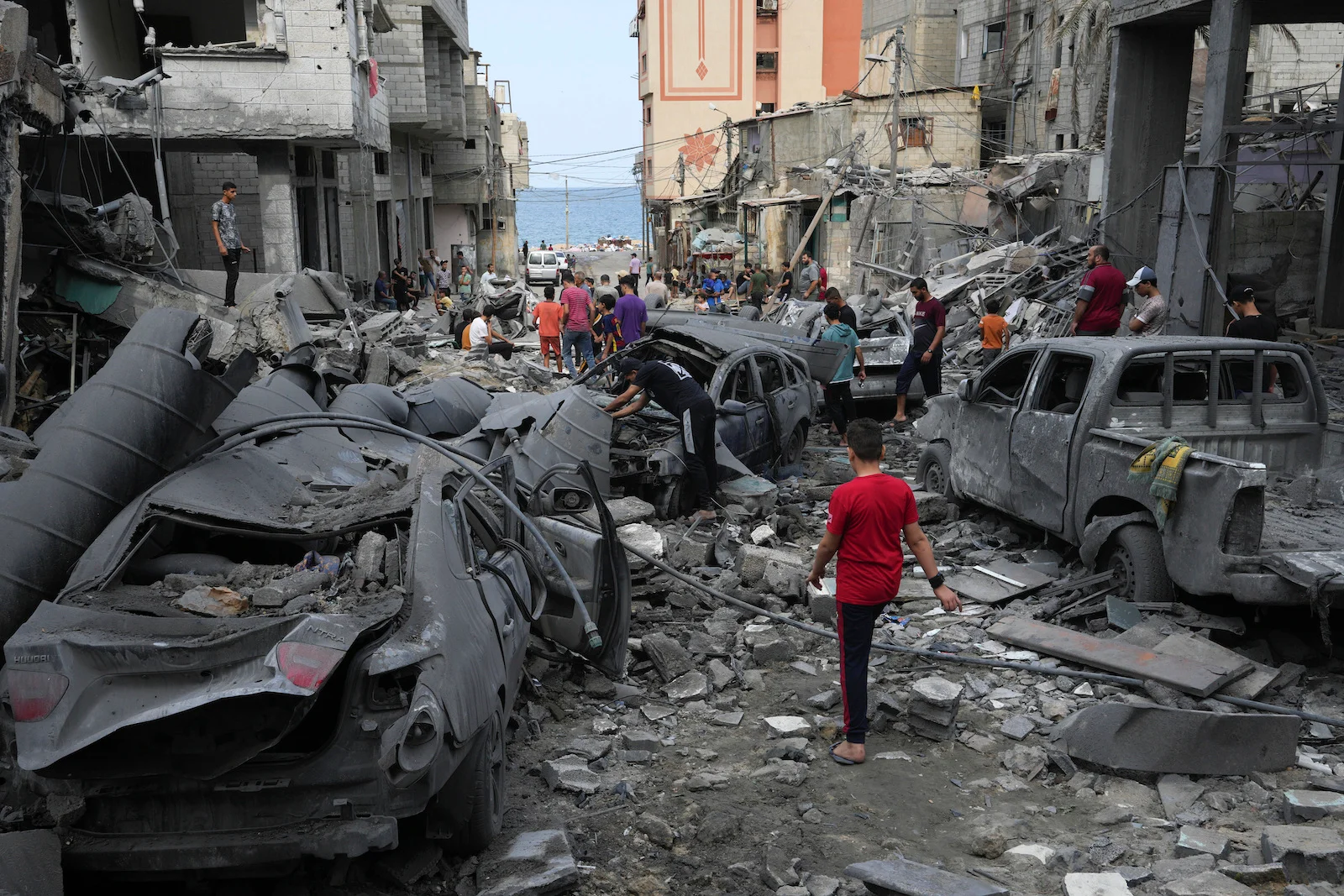Hamas’s consent to a ceasefire deal suggested by Egypt and Qatar on May 6 seemed like a strategically-placed hint to the United States to encourage Israel towards peace talks. Following this event, U.S. President Joe Biden declared his reluctance to supply Israel with 3,500 heavy ordnance bombs should their aggression develop into a full-blown invasion of Rafah – a move that hints at the high stakes the U.S. administration is playing for. A full-blown invasion from Israel’s end had the potential to not only ignite a farther-reaching conflict but also stall Biden’s bid for securing a new defense pact with Saudi Arabia.
This puzzling juncture raises questions for Israel: a full invasion of Rafah might take second-place precedence over a potential U.S.-Saudi pact, which Antony Blinken, Secretary of State, has described as a genuine avenue towards establishing a Palestinian state. U.S. authorities are firm that the essential elements of such a pact remain deeply intertwined. However, escalating tensions between the U.S. and Israel have resulted in anxious whispers in both Israel and the U.S. Congress: the persistent wooing of Saudi Arabia by the Biden administration may become a single-focus pursuit.
This risk, curiously, could pose challenges for Saudi Arabia. Riyadh’s aspirations for a U.S. security pact are bound tightly to a diplomatically challenging ‘grand bargain’ that could swiftly fall apart with any sudden shift in favour of Palestinian sovereignty. However, considering the difficulty of securing a pact should Saudi Arabia overtly abandon the Palestinians, Saudi Crown Prince Mohammed bin Salman’s exploitation of the opportunities and challenges born out of the Gaza conflict to enhance his regional influence should not be underestimated.
Signals from Israel and Iran following their direct attack exchange in April maintains that their ultimate aim is to restore a delicate system of deterrence in a new and fraught context of direct conflict. However, Iran’s missile and drone assault on Israel in mid-April, in spite of claims of restoring deterrence, drove a wedge between Iran and Saudi Arabia, one of the Gulf states.
Former foreign minister of Iran, Mohammad Javad Zarif, aired his skepticism over the benefits of Iran’s attack at a May forum in Tehran. He suggested that Iran’s April 13 attack may have propelled Saudi Arabia to expedite defense pact discussions with the Biden administration. In effect, this would be more damaging to Iran than the potential wins from thwarting an Israel-Saudi normalization effort. Anxiety in Iran, therefore, is gradually replacing its earlier anticipation of turning the Gaza war to its advantage.
On the other hand, Saudi Arabia is keeping its cards close to its chest about its views on the Biden administration’s Middle East policies. Instead, conjecture based on Saudi media commentary suggests that Saudi Arabia concerns are escalating in response to Israel’s April 1 strike on Iran, which is only serving to give a boost to Riyadh’s defense pact talks with the U.S.
Moreover, if Riyadh edges towards securing a defense pact with the U.S., it would need to carefully maneuver the diplomatic waters to prevent giving the impression of disregarding the Palestinian cause.
In the midst of all this, Iran and Israel have inadvertently aided Riyadh’s diplomatic maneuvering and created a backdrop for a deepening of U.S.-Saudi relations — something that seemed nearly impossible at the beginning of Joe Biden’s presidency. Saudi Crown Prince Mohammed bin Salman is poised to seize this opportunity. This unexpected turn of events also raises the question of whether Riyadh might extend a warmer welcome to a potential second term for Donald Trump, whose disdain for Iran and the Iran nuclear agreement won Salman’s approval. The dynamics are changing, and as we observe these tumultuous events unfold in the months ahead, it brings to light the complexities and challenges of geopolitical powerplays in the Middle East arena.






